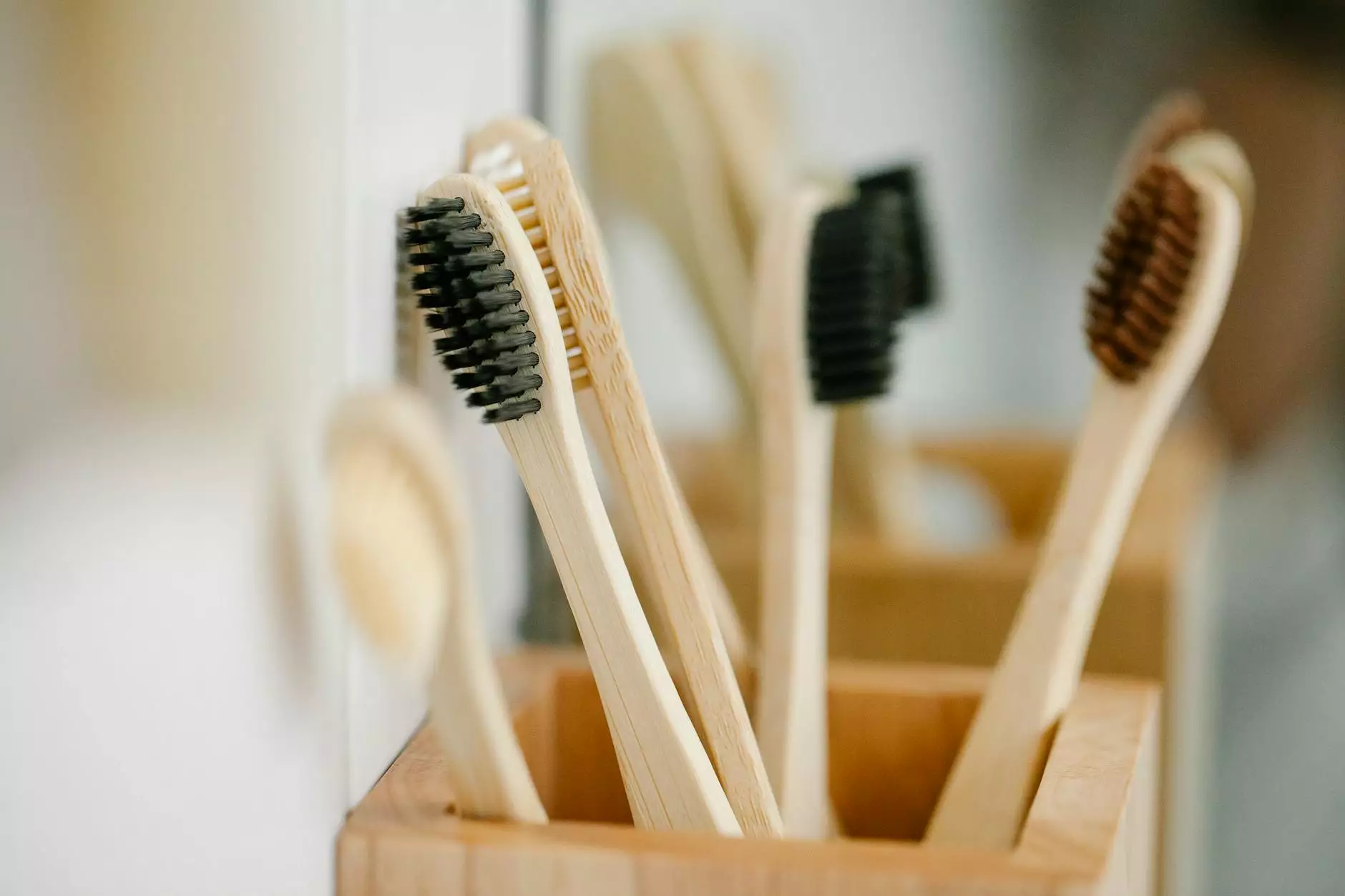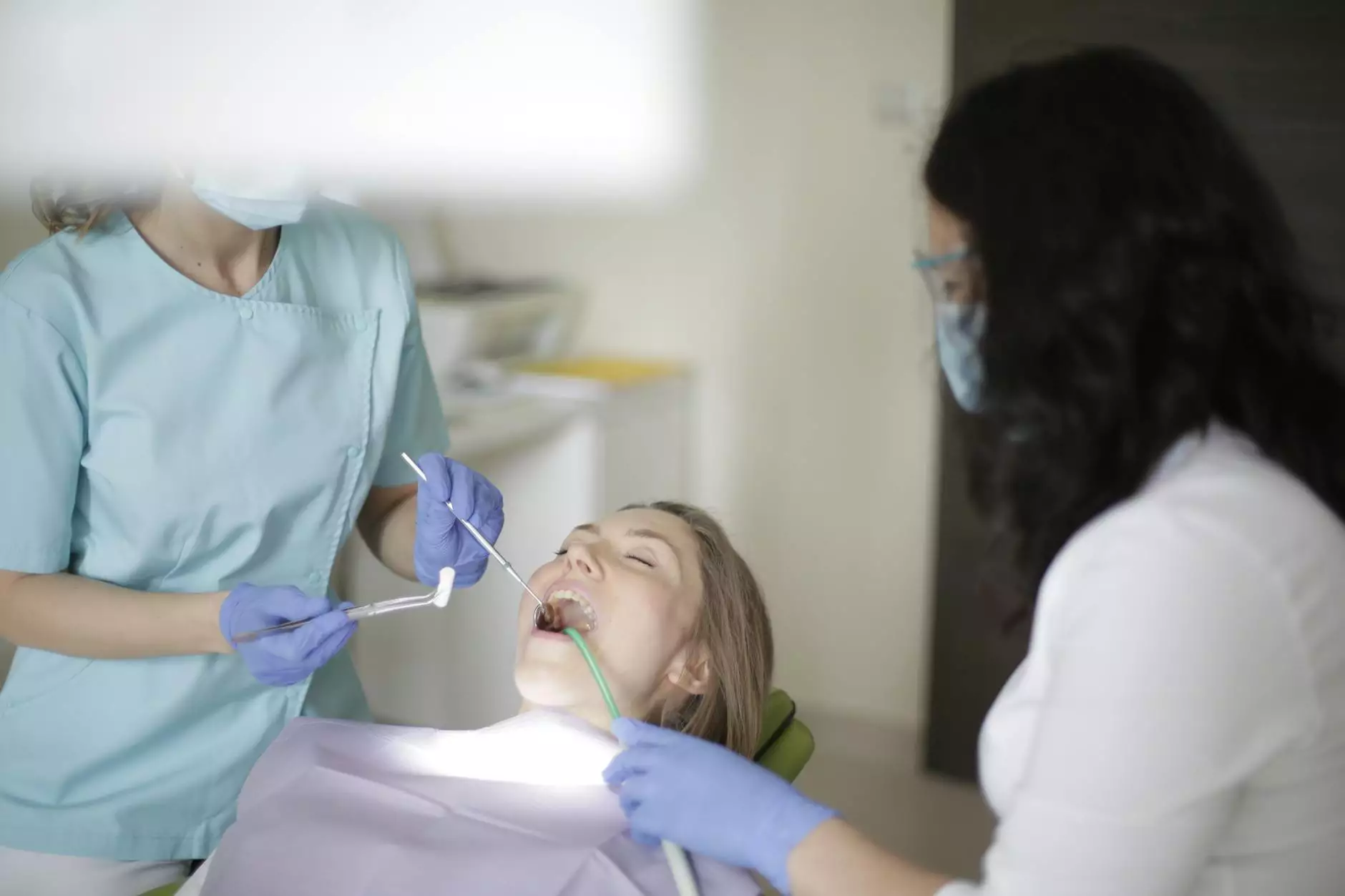Does Sugar Cause Cavities?
Oral Hygiene
Introduction
As part of our commitment to providing comprehensive dental education, Robert Miller, DDS is here to shed light on a common concern for many individuals - the link between sugar consumption and cavities. To truly understand the relationship between sugar and tooth decay, it is essential to delve into the science behind the process, dispel common myths, and highlight effective preventive measures.
The Science behind Cavities
Cavities, also known as dental caries, occur when the protective enamel of our teeth is compromised, leading to the formation of small, permanent openings. The primary culprits behind this decay process are the bacteria present in our mouths, particularly Streptococcus mutans, which feed on the sugars we consume.
When we indulge in sugary foods and beverages, the bacteria on our teeth metabolize these sugars and produce acids as byproducts. Over time, these acids erode the enamel, leading to the formation of cavities. Therefore, it is accurate to say that sugar consumption does play a significant role in the development of dental caries.
Common Misconceptions
Despite the scientific evidence supporting the connection between sugar and cavities, there are several misconceptions that need to be addressed:
1. All Sugars Are Equally Harmful
While it is true that all sugars can contribute to tooth decay, the frequency and duration of exposure are crucial factors. Sticky candies, sugary beverages, and prolonged snacking provide ample opportunities for bacteria to produce acids continuously, increasing the risk of cavities. Practicing moderation and maintaining good oral hygiene can help mitigate these effects.
2. Only Children Are at Risk
Contrary to popular belief, individuals of all ages can develop cavities. The aging process can lead to gum recession and other oral health issues, making older adults equally susceptible. It is essential for everyone to be mindful of their sugar intake and practice regular dental care, regardless of age.
3. Brushing Immediately After Consuming Sugar Prevents Cavities
While proper oral hygiene is crucial for maintaining good dental health, brushing immediately after consuming sugary foods can potentially worsen the situation. The acids produced by bacteria temporarily weaken the enamel, and brushing too soon can lead to enamel erosion. Waiting for approximately 30 minutes allows saliva to neutralize these acids, creating a safer environment for brushing.
Preventive Measures
Although sugar is a contributing factor, it is possible to minimize the risk of cavities through various preventive measures. Here are some practical tips:
1. Limit Sugar Consumption
Reducing the frequency and quantity of sugar consumption can have a significant impact on preventing tooth decay. Opt for sugar-free alternatives, choose healthier snacks, and be mindful of hidden sugars in processed foods.
2. Maintain a Consistent Oral Care Routine
Brushing twice a day with fluoride toothpaste, flossing daily, and using mouthwash can help remove plaque, decrease the bacteria population in your mouth, and strengthen your tooth enamel. Regular dental check-ups are also crucial to detect any potential dental problems before they worsen.
3. Embrace Fluoride for Protection
Fluoride, a natural mineral, has proven to be effective in preventing cavities. It strengthens the tooth enamel and can even reverse early signs of tooth decay. Ensure that your toothpaste and drinking water contain fluoride, or consult your dentist for fluoride treatment options.
4. Consider Dental Sealants
Dental sealants are thin, protective coatings applied to the chewing surfaces of the back teeth. They act as a barrier, protecting the vulnerable areas from bacterial attack.
Conclusion
Understanding the impact of sugar on tooth decay is vital to maintaining optimal oral health. While sugar does play a significant role in the development of cavities, it is important to remember that other factors, such as overall oral hygiene and individual susceptibility, also contribute to dental caries.
By adopting preventive measures, such as limiting sugar consumption, maintaining a consistent oral care routine, and seeking professional dental services, provided by Robert Miller, DDS, you can significantly reduce the risk of cavities and preserve your precious smile for years to come.










